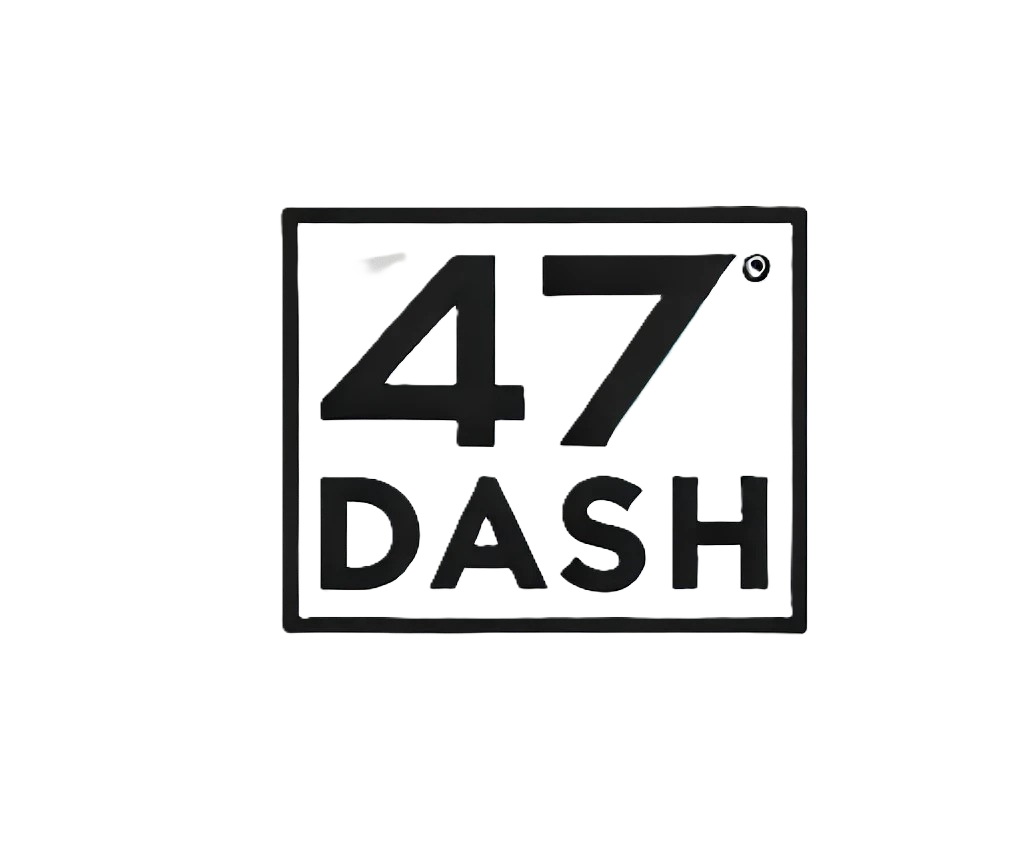Blog
The ethics of AI in cryptocurrency trading
AI Ethics in Cryptocurrency Trading
As the cryptocurrency market continues to grow and evolve, artificial intelligence (AI) is increasingly being used to improve trading strategies, automate processes, and improve overall efficiency. However, the growing reliance on AI in cryptocurrency trading raises important ethical considerations that need to be considered.
What is the impact of AI on cryptocurrency trading?
Artificial intelligence systems can analyze vast amounts of data, identify patterns, and make incredibly accurate predictions. This ability to process and react to market conditions quickly and efficiently has made AI-based trading systems a popular choice for investors. However, the use of AI in cryptocurrency trading also raises several ethical concerns:
- Bias and unfairness: AI algorithms can perpetuate existing biases and inequalities if they are trained on biased data or built on discriminatory assumptions. For example, some AI-based trading systems may favor certain types of investments over others.
- Lack of Transparency: Decision-making processes involving AI-driven transactions may be opaque, making it difficult for investors to understand the rationale behind their decisions. This lack of transparency can undermine trust and confidence in the market.
- Increasing Risk: As AI-based trading systems continue to improve, the risk increases that they may amplify human emotions such as fear or greed, leading to rash decisions.
- Regulatory Issues: The increasing use of AI in cryptocurrency trading has raised questions about regulatory frameworks and the need for clear guidelines on how AI systems should be designed, implemented, and regulated.
The Importance of Responsible AI Development
To mitigate these risks and ensure that AI-powered transactions are fair, transparent and efficient, it is important to prioritize responsible AI development. This includes:
- Diverse Datasets: Ensure that AI algorithms are trained using diverse data sets that reflect the complexity of real markets.
- Fairness and Impartiality Testing: Thoroughly test the impartiality and integrity of AI-powered trading systems, including through regular audits and reviews.
- Transparency and Explainability: Implement mechanisms to transparently explain the operations and decision-making processes performed by AI.
- Regulatory Compliance: Develop clear guidelines and frameworks for the development and implementation of AI-powered trading systems, ensuring their compliance with regulatory requirements.
Best Practices for Responsible AI Crypto Trading
To ensure that AI-powered trading strategies are developed and implemented responsibly, follow these best practices:
- Collaborate with experts: Collaborate with experienced economists, mathematicians, and other stakeholders to develop and validate AI-powered trading systems.
- Use robust testing frameworks: Implement rigorous testing protocols to identify potential biases or errors in AI algorithms.
- Monitor bias and fairness: Regularly review and update AI-powered trading systems to ensure they remain fair and unbiased.
- Prioritize transparency: Provide clear explanations of the operations and decision-making processes performed by AI.
Conclusion
The increasing use of artificial intelligence in cryptocurrency trading raises important ethical issues that must be considered to ensure the responsible development, implementation, and regulation of these systems. By prioritizing fairness, transparency, and compliance, the cryptocurrency market can harness the power of AI while reducing risk and ensuring a fairer and more reliable financial system.
Recommendations for policymakers and regulators
1.

